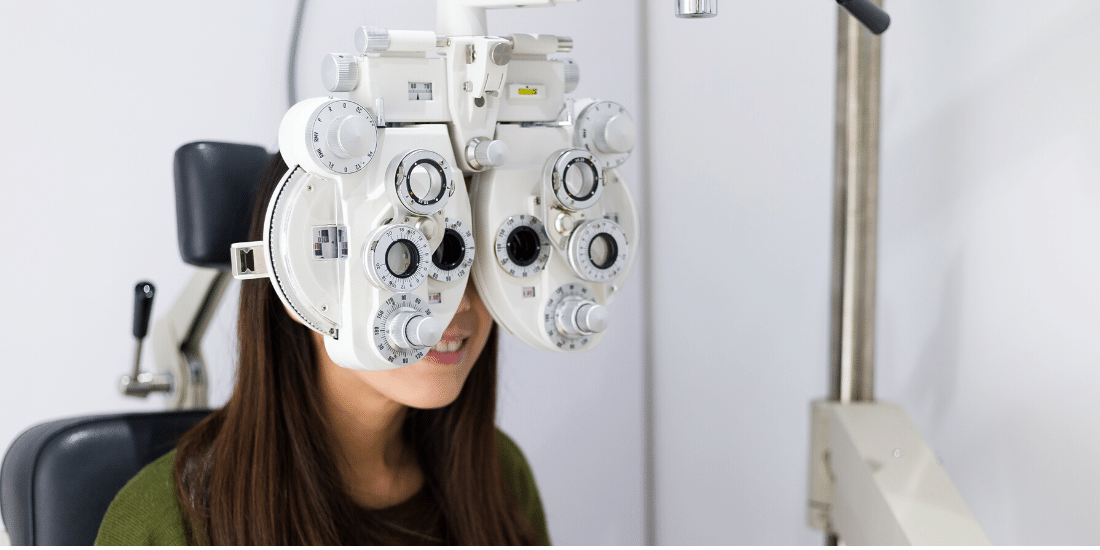Due to the current Covid-19 pandemic, healthcare has had major reforms in how we are delivering help to our patients. The aim always has been and always will be optimal patient safety.
Systemic health
Potentially appointments may be rescheduled to help reduce the spread of the infection and protect the health of all patients, particularly the most vulnerable.
Many glaucoma patients are at higher risk of complications should they contract Covid-19, due to other underlying health conditions. Therefore, the balance of risks has to be assessed for each patient before a decision is made regarding their eye treatment.
Routine appointments
Routines appointments have been deferred for all patients. These will be rearranged as soon as it is deemed safe to do so. Where possible, virtual assessments will be utilised.
New Patients
The key is affective stratification and safe triage. Once a triage letter is seen, this will dictate whether a patient is:
- Seen face to face
- Virtually
- Postponed
Surgery
Patients at high risk of losing sight and requiring surgical intervention, will be prioritised as much as possible.
What to expect if face-to-face treatment is essential
As outlined above, face-to-face treatment will only take place when there is a high risk of sight loss, or significant lifestyle impairment. When a patient has to attend an appointment the guidelines below will be followed:
- Contact time will be reduced to an absolute minimum. As much medical and ophthalmic history will be established before the patient enters the consulting room.
- Other than the clinical examination, the ophthalmic surgeon will keep a distance of two metres way from the patient.
- The examination will be kept brief and concise.
- Exacting hygiene standards will be followed throughout.
- PPE will be worn by medical staff and removed in line with the guidelines.
- The need for any procedures that are not absolutely essential will be minimised.
Making use of video appointments
Every effort will be made to keep immunosuppressed, vulnerable and high-risk patients away from face-to-face appointments that increase the risk of infection. Wherever possible video consultations will be offered. They are also likely to be offered for new patients with a potentially serious condition and for assessing outpatient emergencies.
This blog is contributed by Gurjeet Jutley.

